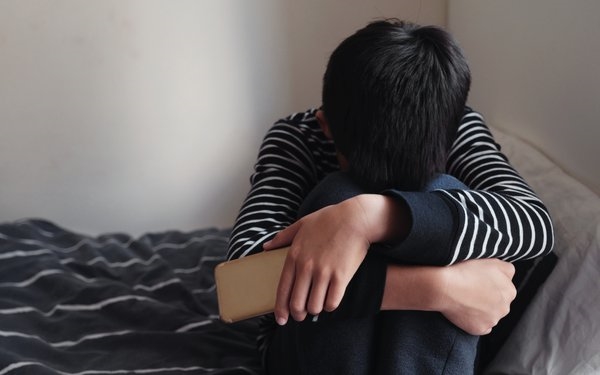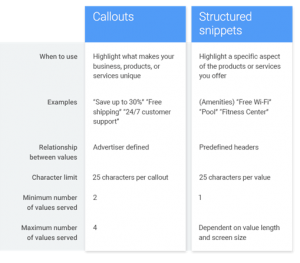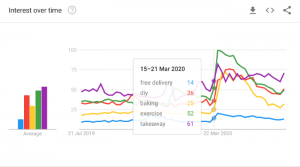One Third Of Young Children Have Been Harassed On YouTube, Study Says

According to consumer privacy and security company ExpressVPN, YouTube may be one of the worst social-media platforms for child harassment.
A new survey found that well over a third of children in the U.S. (43%) acknowledged they had experienced harassment on YouTube, compared to 35% who experienced harassment on Facebook, 28% on TikTok and 27% on Roblox.
With children’s internet usage at an all-time high, ExpressVPN’s study polled 2,000 children ages 4 to 13 in the U.S. and the U.K. who have access to the internet, alongside their parents or guardians (over 2,000 adults) to understand the risks children face when using online services.
The research found that the majority of U.S. parents are concerned about their children’s online safety, with 56% of adult respondents citing fears about cyberbullying.
This was followed by concerns about cyberstalking (46%) and inappropriate content (46%).
The majority of parents (95%) admitted that they already regularly monitor their children’s activity online. But when asked about what they actually experience on the internet, 37% of U.S. children said they encountered someone being rude or swearing online, while 30% reported seeing frightening images.
Confirming parents’ fears, 26% of children admitted to being bullied online.
San Antonio was the city with the most significant online bullying issue, with 35% of children from this location stating they had been bullied online. Columbus came in second place (31%), with Dallas third (30%).
Furthermore, 21% of the American children surveyed have had a stranger ask which school they go to, and 19% have been asked for their home address.
The survey also found that while only around a quarter of parents claim their children aged 4 to 13 have a social media account, over half of their children admitted to using social media.
“It’s undeniably alarming how many children are experiencing bullying, inappropriate content, and harassment online,” said Lauren Hendry Parsons, privacy advocate at ExpressVPN.
According to Hendry Parsons, the solution is not as easy as putting parental control on childrens’ devices, or banning technology altogether.
“Children today are digital natives. They are growing up around technology and using it well is a critical tool for life and learning in today’s society. As a result, kids can be more tech-savvy than their parents, evading parental controls on their devices or finding other ways to access digital services their friends are also using,” adds Hendry Parsons, citing education and trust as the only way to help one’s children navigate the internet safely.
ExpressVPN is currently offering free resources and tips to help parents keep their children safe on social media, including a free Udemy course on online privacy and security essentials.
(8)
Report Post




